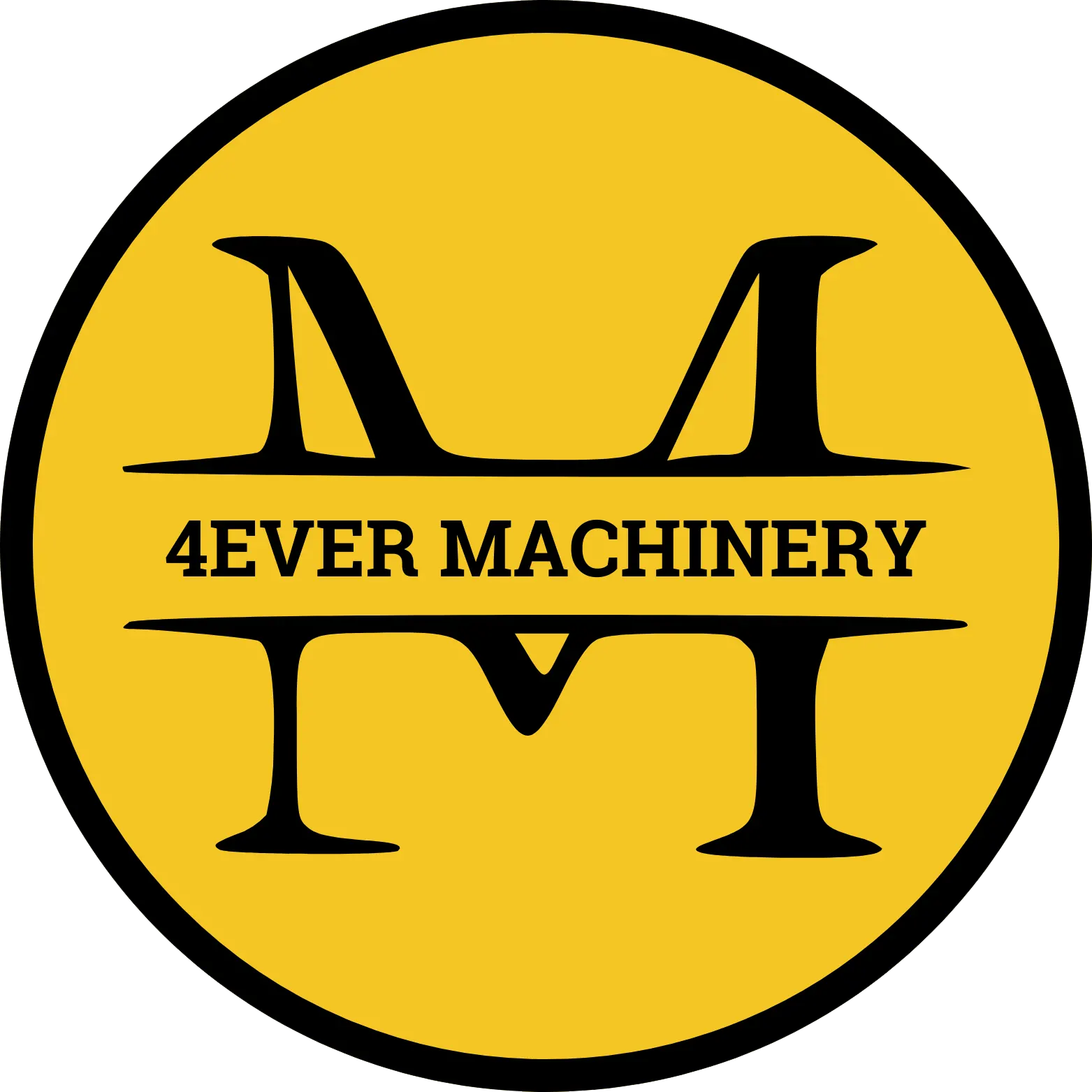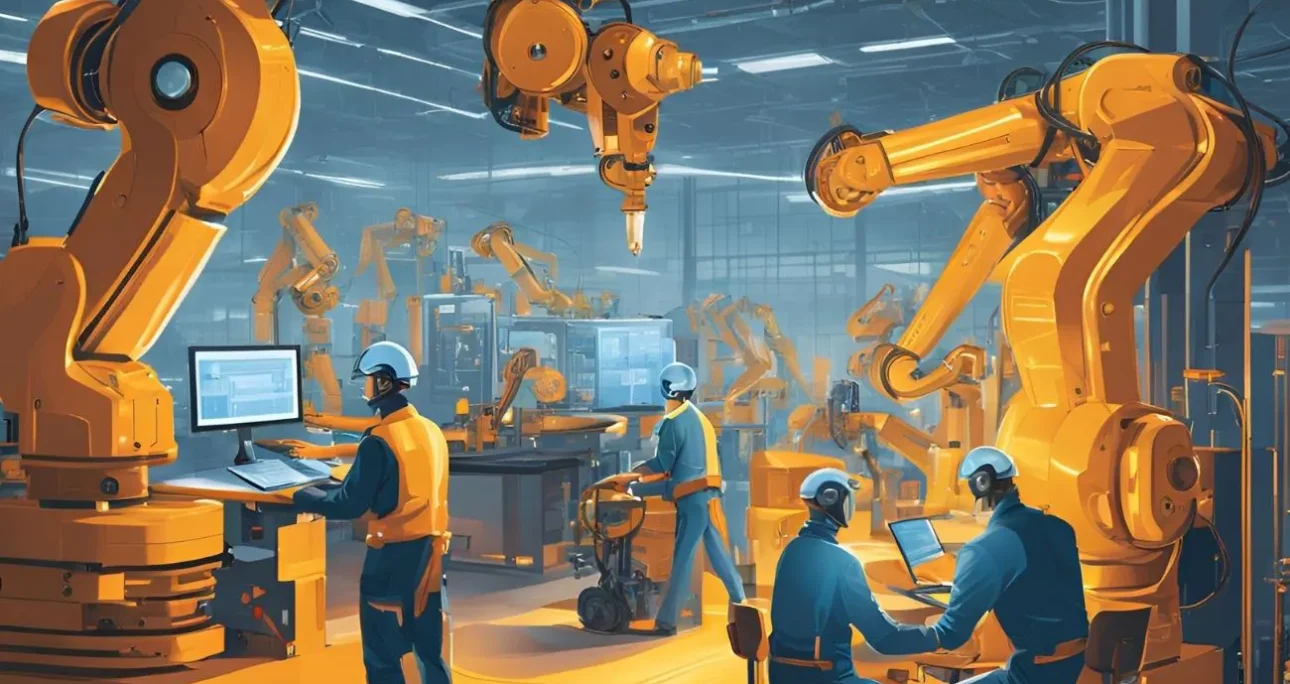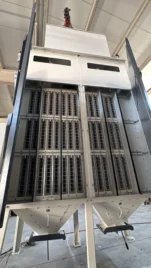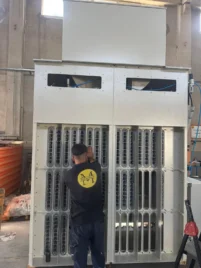The manufacturing sector is undergoing a paradigm shift, driven by advancements in automation technology and the principles of Industry 4.0. For businesses aiming to stay competitive, integrating automation systems is no longer optional—it is a necessity. Automation offers a pathway to increased efficiency, precision, and scalability, enabling factories to meet the challenges of modern production. This article explores the role of automation in building future-ready factories, discussing its technical aspects, benefits, and the strategies that businesses can adopt to seamlessly integrate these systems into their operations.
Understanding Automation in Modern Manufacturing
Automation involves the use of advanced technologies to perform tasks that were traditionally carried out by human workers. This includes the deployment of robotics, artificial intelligence (AI), machine learning (ML), and programmable logic controllers (PLCs) to control machinery and production processes. As factories become increasingly complex, integrating these systems allows for continuous production, reducing human error and enabling greater control over every aspect of the manufacturing process.
Automation can be categorized into several levels:
- Fixed Automation: Often used for high-volume production, this type includes dedicated machines or assembly lines designed for specific tasks, such as car manufacturing. It offers speed but lacks flexibility.
- Programmable Automation: Suitable for smaller batches of products, programmable automation allows changes in operations through software adjustments, making it ideal for varying product designs.
- Flexible Automation: This high-level automation is characterized by systems that can adapt to different products without significant downtime. It is crucial for industries with dynamic production requirements.
By selecting the right type of automation, factories can align their operations with market demands and production goals, making them more agile and responsive to changes.
Key Benefits of Automation Integration in Factories
Integrating automation into factory operations brings several transformative benefits, including:
- Increased Production Efficiency
Automation systems streamline production by reducing manual handling and minimizing bottlenecks. Robots and automated machinery can operate 24/7 without fatigue, leading to higher throughput and better utilization of production lines. For example, robotic arms in assembly lines can perform repetitive tasks such as welding, painting, and packaging at speeds far exceeding human capabilities, thereby accelerating production cycles. - Enhanced Precision and Quality Control
Automated systems excel in maintaining consistent quality standards. By incorporating machine vision and real-time monitoring, automated machines can detect defects with high accuracy and perform corrective actions immediately. This reduces the likelihood of producing defective products and ensures that each unit meets the desired specifications. For industries like electronics and pharmaceuticals, where precision is paramount, automation systems play a critical role in maintaining product quality. - Data-Driven Decision Making
One of the most significant advantages of automation is the ability to collect and analyze data in real-time. IoT-enabled sensors integrated into machinery can monitor parameters such as temperature, vibration, and pressure, providing insights into the operational health of equipment. This data can be analyzed using AI algorithms to predict machine failures before they occur, enabling predictive maintenance and minimizing downtime. The result is a more proactive approach to factory management, leading to reduced operational costs and improved asset utilization. - Flexibility in Production
Modern markets demand customization and rapid shifts in production lines. Flexible automation allows factories to switch between different product variants with minimal reconfiguration. For instance, a flexible robotic cell can adjust its movements based on the product it handles, making it easier for manufacturers to adapt to new product designs or batch sizes without significant delays. This agility is crucial for businesses looking to stay competitive in fast-changing markets. - Workplace Safety and Ergonomics
Automation reduces the need for human workers to perform hazardous tasks, such as heavy lifting, exposure to harmful substances, or operations in extreme temperatures. Robots and automated systems can handle these tasks, creating a safer working environment. By reducing the risk of workplace injuries, factories can also lower their insurance costs and maintain a healthier workforce.
Key Technologies in Automation Integration
Several cutting-edge technologies drive the integration of automation systems in future-ready factories:
- Collaborative Robots (Cobots)
Unlike traditional industrial robots, cobots are designed to work alongside human operators. They are equipped with advanced sensors and safety features that allow them to operate safely in shared workspaces. Cobots are ideal for tasks that require both human dexterity and robotic precision, such as quality inspection and material handling. - Digital Twin Technology
Digital twins create a virtual replica of physical assets, allowing manufacturers to simulate production processes and analyze performance in real-time. This technology enables factories to optimize workflows, predict potential issues, and validate changes before they are implemented on the shop floor, minimizing risks and ensuring smoother transitions. - Machine Learning and AI
AI and ML algorithms can analyze vast amounts of production data to identify patterns and optimize processes. For example, in a bottling plant, AI can monitor the speed and efficiency of filling lines and suggest adjustments to reduce waste. Machine learning can also help in fine-tuning production parameters, ensuring optimal output with minimal manual intervention. - Industrial IoT (IIoT)
IIoT connects machinery and equipment to a central network, allowing seamless communication and data exchange. This connectivity is crucial for coordinating different aspects of production, from inventory management to supply chain integration. It enables real-time tracking of production metrics and enhances visibility across the entire manufacturing process.
Strategies for Successful Automation Integration
To realize the full potential of automation, manufacturers should adopt a strategic approach to integration:
- Conducting a Needs Assessment
Understanding the specific pain points and goals of a production line is the first step in implementing automation. This involves identifying processes that are time-consuming, error-prone, or pose safety risks. By conducting a thorough needs assessment, businesses can prioritize areas where automation will have the greatest impact. - Pilot Testing and Gradual Scaling
Before deploying automation systems across an entire factory, it is advisable to start with pilot testing in a specific area. This allows for adjustments and fine-tuning based on real-world conditions. Once the pilot has demonstrated success, the automation system can be scaled up to other parts of the factory. - Training and Workforce Adaptation
Automation does not eliminate the need for skilled workers; rather, it changes the nature of their roles. Training programs are essential to equip employees with the skills needed to manage and maintain automated systems. By fostering a culture of continuous learning, businesses can ensure that their workforce is prepared to work alongside advanced technologies. - Choosing the Right Automation Partner
Partnering with experienced automation solution providers ensures that the technology is implemented correctly and tailored to the unique needs of a factory. A good partner can offer insights into the latest technologies, assist with system integration, and provide ongoing support to maximize the benefits of automation.
Conclusion: Building the Factory of the Future
Integrating automation systems is a pivotal step toward creating future-ready factories that are efficient, adaptable, and resilient. By embracing automation, manufacturers can unlock new levels of productivity, maintain high standards of quality, and reduce operational costs. As the manufacturing landscape continues to evolve, those who invest in automation today will be better positioned to navigate the challenges of tomorrow.
4Ever Machinery is dedicated to helping manufacturers make this transition smoothly. With expertise in designing and integrating automation systems, we provide solutions that are tailored to meet the demands of modern production, ensuring that our clients are equipped to lead in the era of Industry 4.0.



